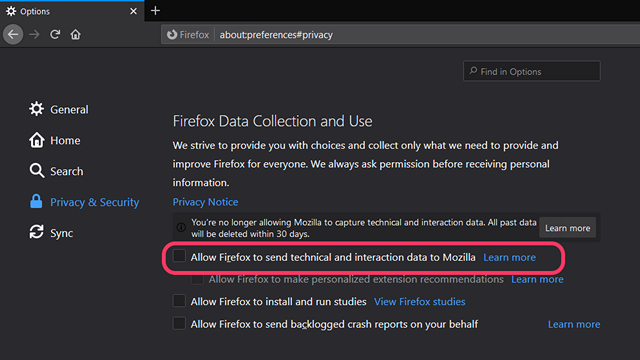

How accurate is the location finder? In casual experiments with Mozilla’s geolocation test page (note: you can’t try it out at all unless you’re using Firefox 3.5), I used a Windows PC connected to our office’s wired network and a Mac connected to the office’s Wi-Fi network. Firefox sends your IP address, nearby Wi-Fi networks, and a unique random ID (which expires after two weeks) to the server in order to find your whereabouts. This feature could be particularly useful for people who are visiting map sites or business user-review sites in search of nearby locations (though few sites support geolocation at present).įor the sake of your security and privacy, each site that wants to use your location must have your permission to do so. Lost and Foundįirefox 3.5 now permits sites to find your location by using your IP address and by gathering data about nearby Wi-Fi networks, via Google Location Services (if you have WWAN card in your notebook, it will use cell-phone towers to find your location, just as Google Latitude does). Also, this feature seems to be disabled when private browsing is active you can’t “forget” sites from earlier normal browsing sessions while using private browsing. For example, if I tell Firefox to forget all history references for, it will cease to remember any Web address starting with ‘’, but not pages starting with ‘’, so you may have to do a little digging to remove all references to a site from your history. One important caveat: When you tell Firefox to forget a subdomain of a site, it won’t forget other subdomains of that site.

If I find myself checking my eBay auctions while at my desk (ahem), I can open the History panel, right-click any reference, and choose ‘Forget This Site’. To provide further privacy, Firefox 3.5 can “forget” any particular site. Unlike the Incognito mode in Google Chrome (which shows a trenchcoat-and-hat-wearing silhouette icon in the toolbar) or the InPrivate Browsing mode of Internet Explorer 8 (which puts an ‘InPrivate’ bug in the address bar), Firefox 3.5 doesn’t give any indication that you’re in private browsing mode, aside from the initial on-screen message. When you start private browsing, Firefox closes all of the pages that you currently have open, but it saves all of your open windows so you can quickly get back to what you were doing before switching to private browsing, which is a nice touch. While in private browsing mode, Firefox won’t remember anything–history, cookies, usernames, or passwords–from your session. Like a number of new browsers, Firefox 3.5 adds a private browsing mode to its arsenal of features.


 0 kommentar(er)
0 kommentar(er)
